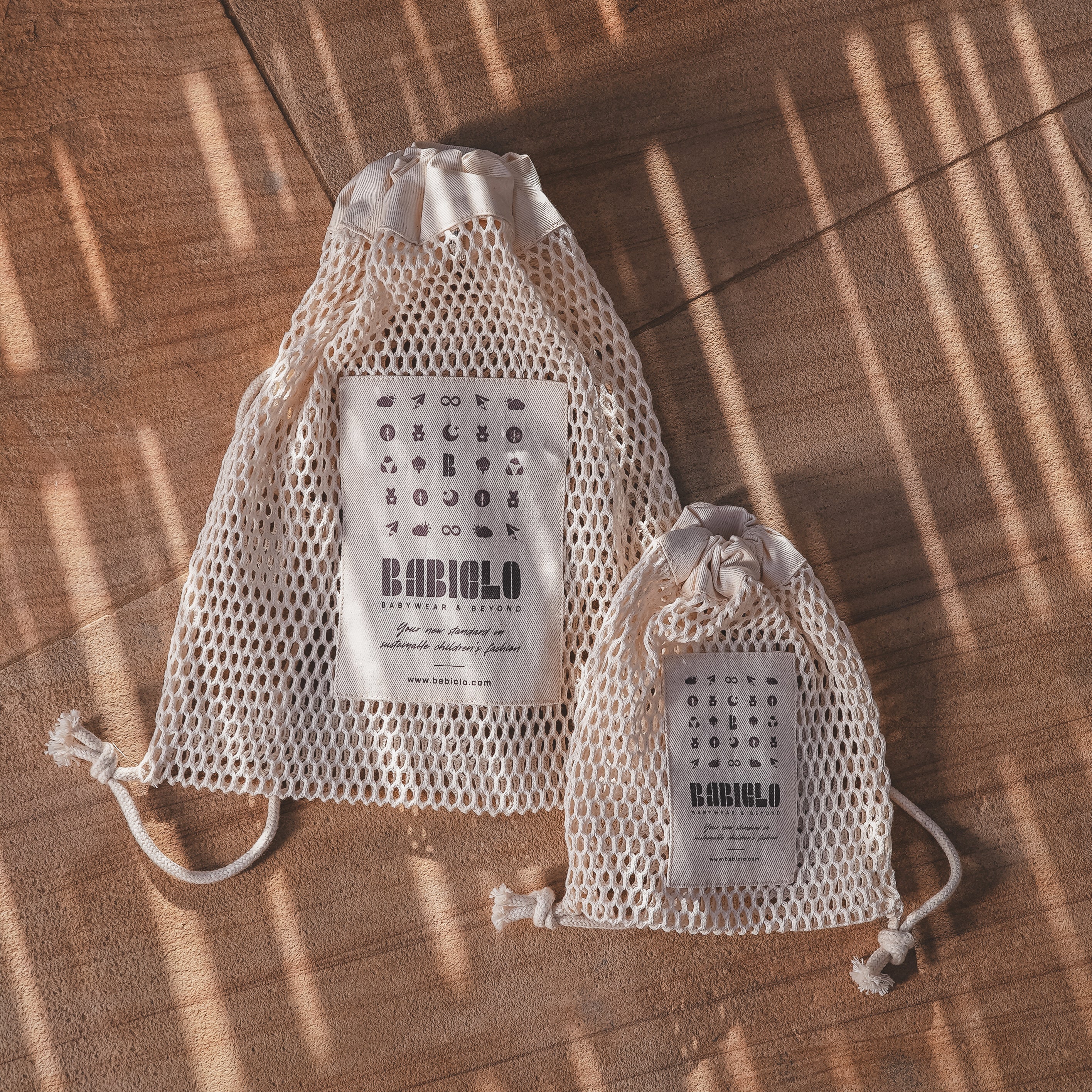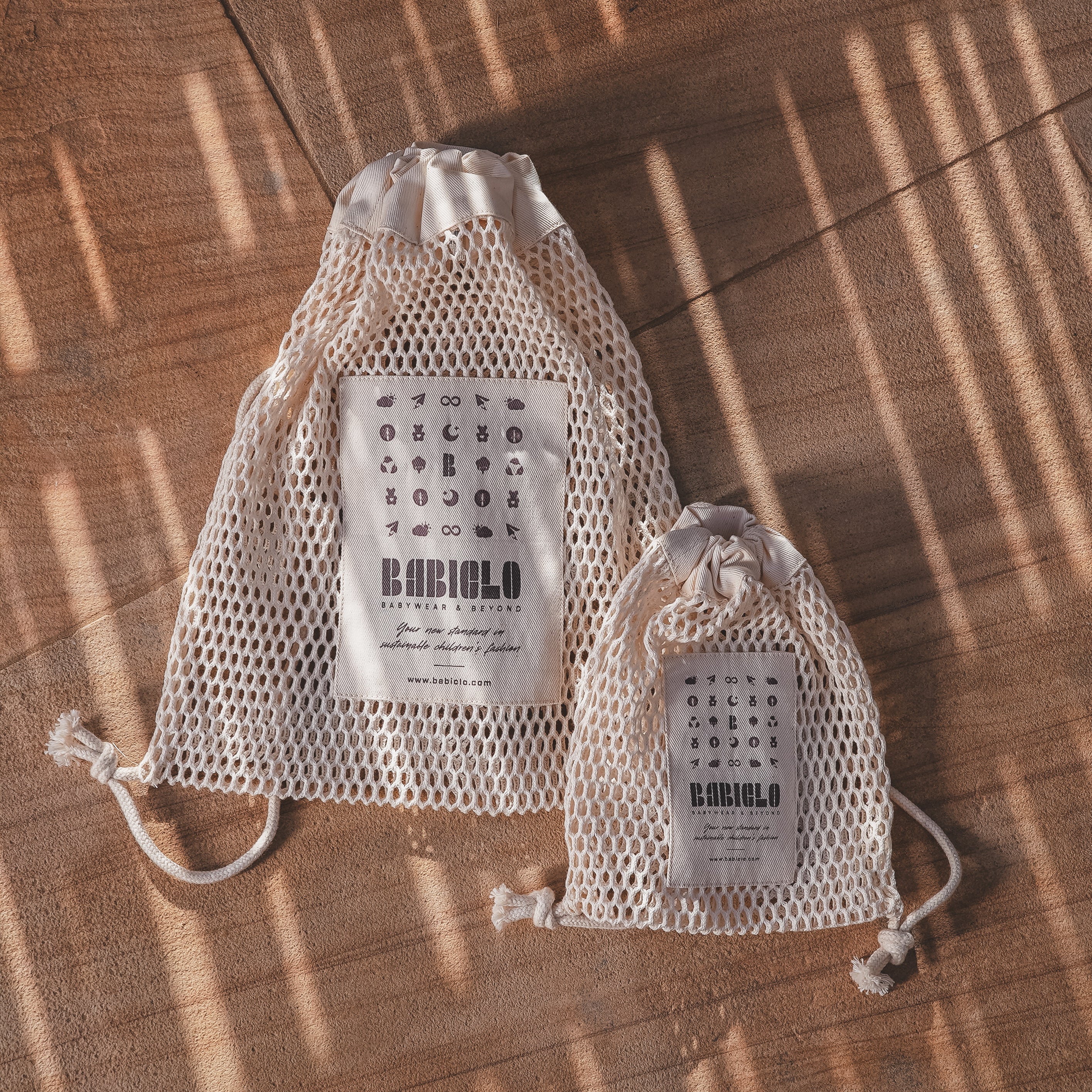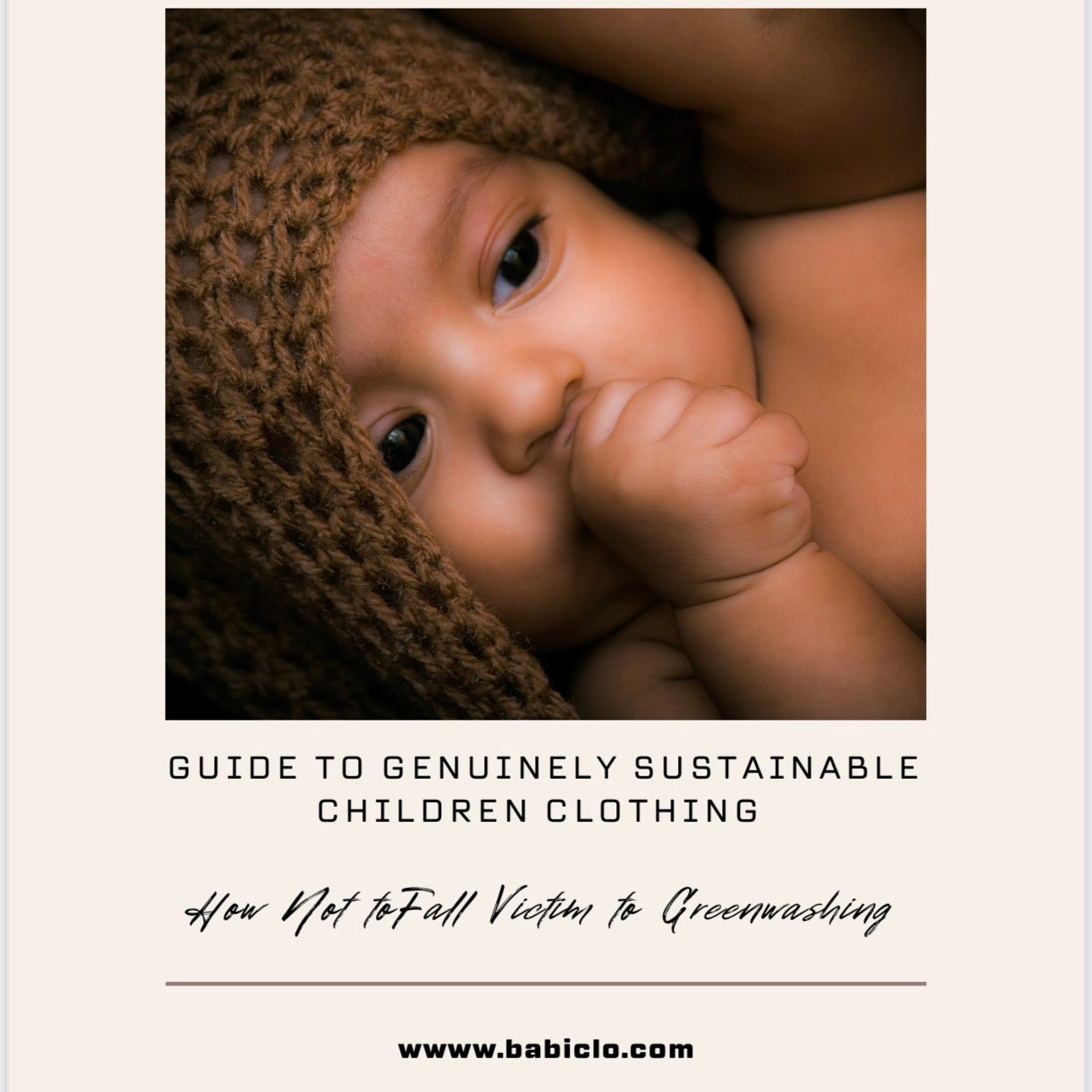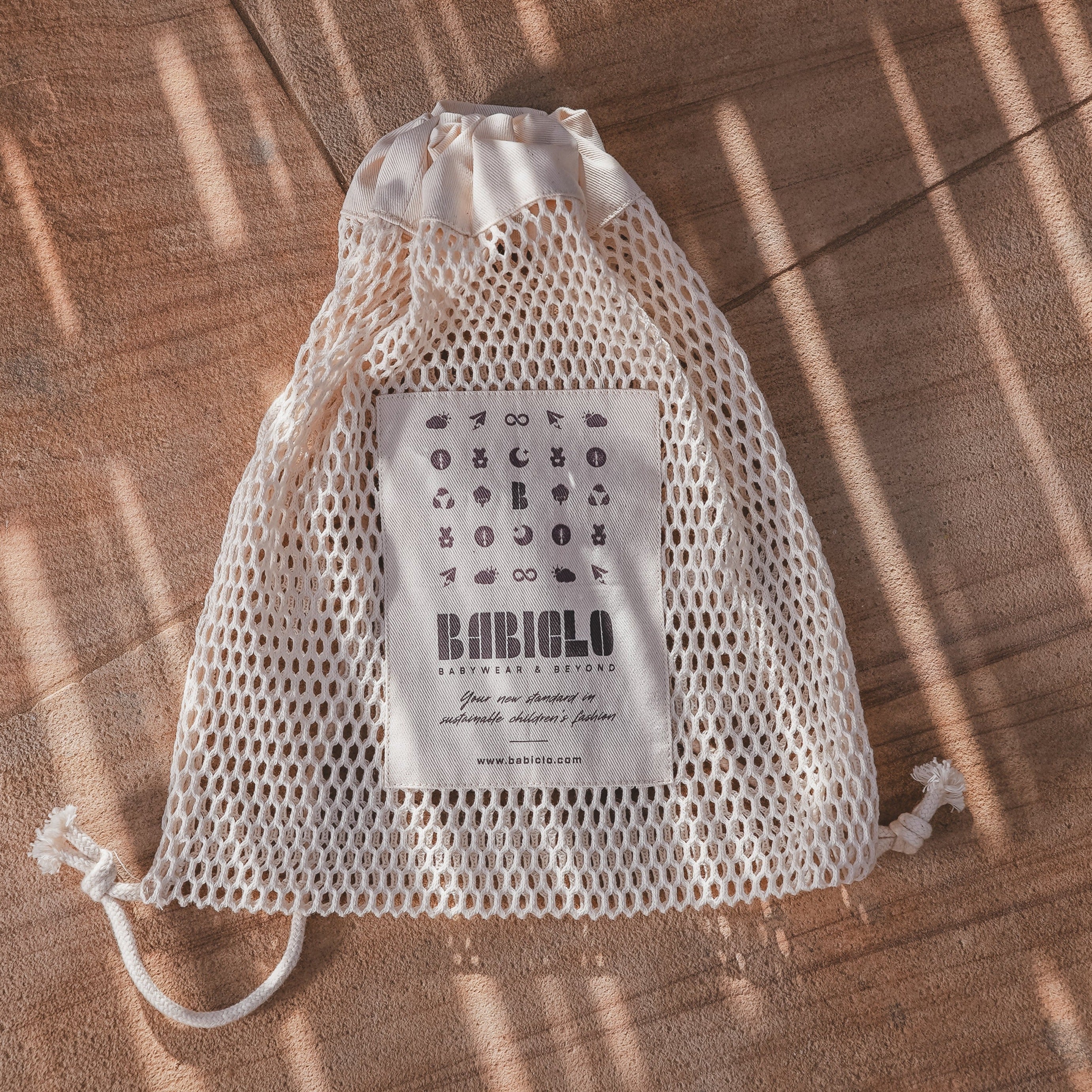Organic Cotton
By choosing organic cotton products, consumers can support the growth of a more sustainable and responsible fashion industry that promotes the well-being of people and the planet. There are many reasons why we chose 100% organic cotton:
It's better for the environment: Organic cotton is grown using natural methods that don't harm the environment. This means that the soil, water, and air are not contaminated with synthetic chemicals, which can harm wildlife and humans. Organic cotton farming also helps to preserve biodiversity by supporting the growth of natural habitats.
It's safer for farmers: Organic cotton farmers are not exposed to the harmful chemicals used in conventional cotton farming. This means that they are at a lower risk of developing health problems related to exposure to synthetic pesticides and fertilizers. Organic farming also supports the development of healthy communities by providing farmers with a sustainable income and improving their standard of living.
It's better for your skin: Organic cotton is free from the harmful chemicals found in conventional cotton, which can irritate the skin and cause allergies. Organic cotton is also softer and more comfortable to wear than conventional cotton, making it an ideal choice for people with sensitive skin.|
It's more sustainable: Organic cotton farming is a more sustainable method of agriculture that promotes the health of the soil and the environment. Organic farming practices help to conserve water, reduce greenhouse gas emissions, and support the growth of natural ecosystems.
It's better for the economy: Organic cotton farming supports local economies by providing farmers with a sustainable income and creating jobs in the farming sector. By supporting organic farming, consumers can help to promote economic growth and development in rural communities.
It's better for the environment: Organic cotton is grown using natural methods that don't harm the environment. This means that the soil, water, and air are not contaminated with synthetic chemicals, which can harm wildlife and humans. Organic cotton farming also helps to preserve biodiversity by supporting the growth of natural habitats.
It's safer for farmers: Organic cotton farmers are not exposed to the harmful chemicals used in conventional cotton farming. This means that they are at a lower risk of developing health problems related to exposure to synthetic pesticides and fertilizers. Organic farming also supports the development of healthy communities by providing farmers with a sustainable income and improving their standard of living.
It's better for your skin: Organic cotton is free from the harmful chemicals found in conventional cotton, which can irritate the skin and cause allergies. Organic cotton is also softer and more comfortable to wear than conventional cotton, making it an ideal choice for people with sensitive skin.|
It's more sustainable: Organic cotton farming is a more sustainable method of agriculture that promotes the health of the soil and the environment. Organic farming practices help to conserve water, reduce greenhouse gas emissions, and support the growth of natural ecosystems.
It's better for the economy: Organic cotton farming supports local economies by providing farmers with a sustainable income and creating jobs in the farming sector. By supporting organic farming, consumers can help to promote economic growth and development in rural communities.




















